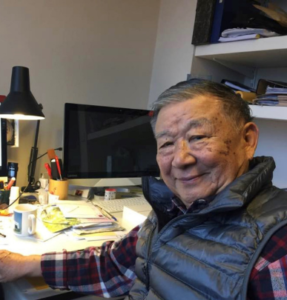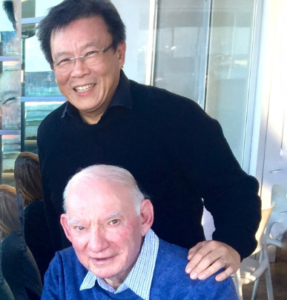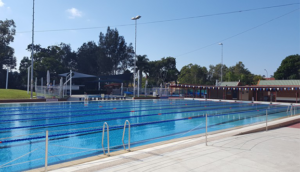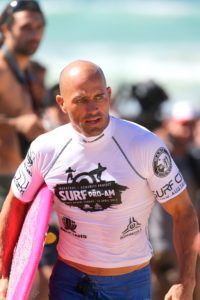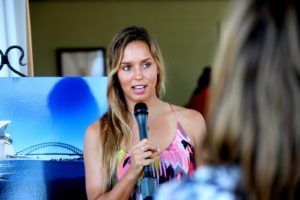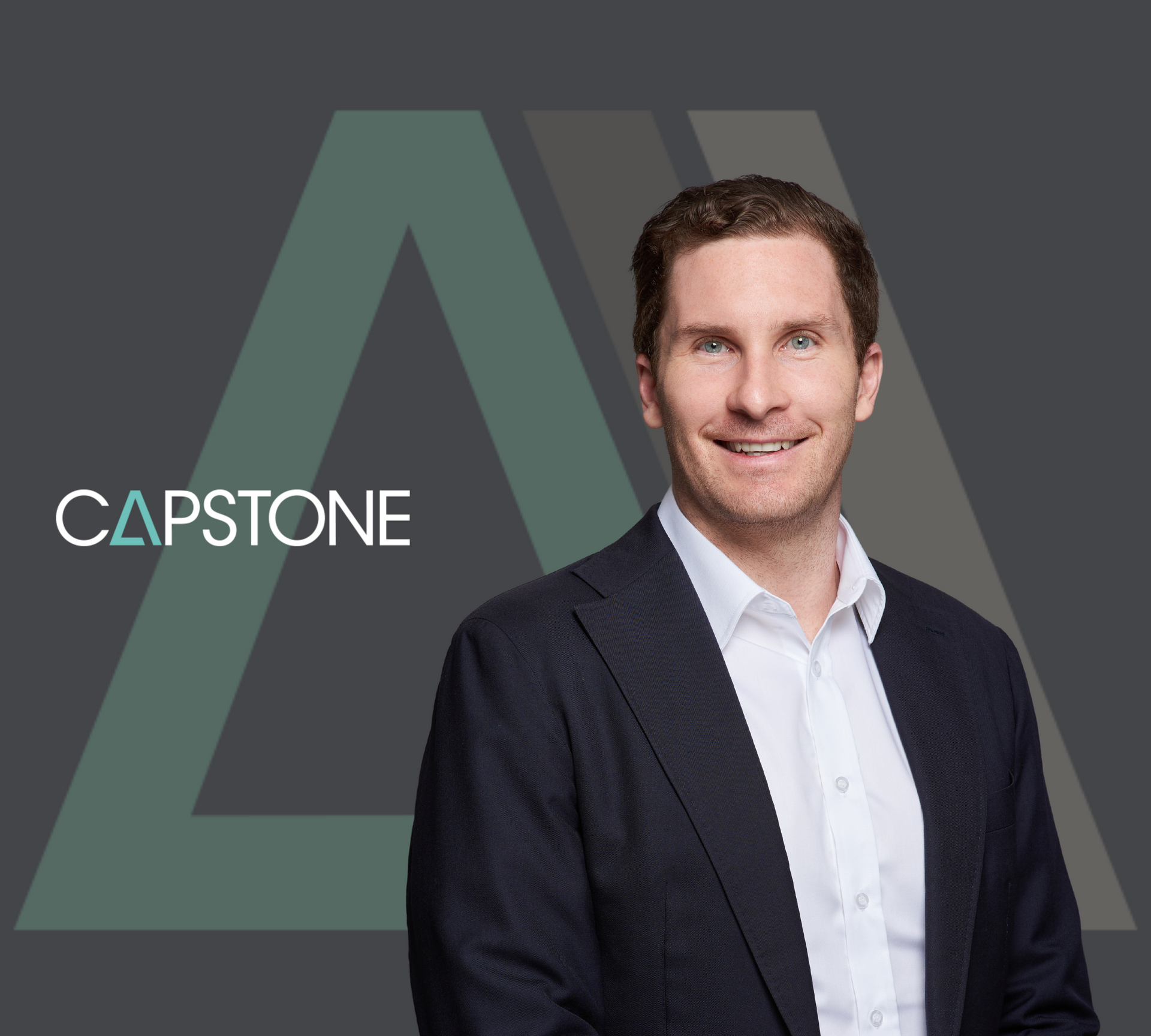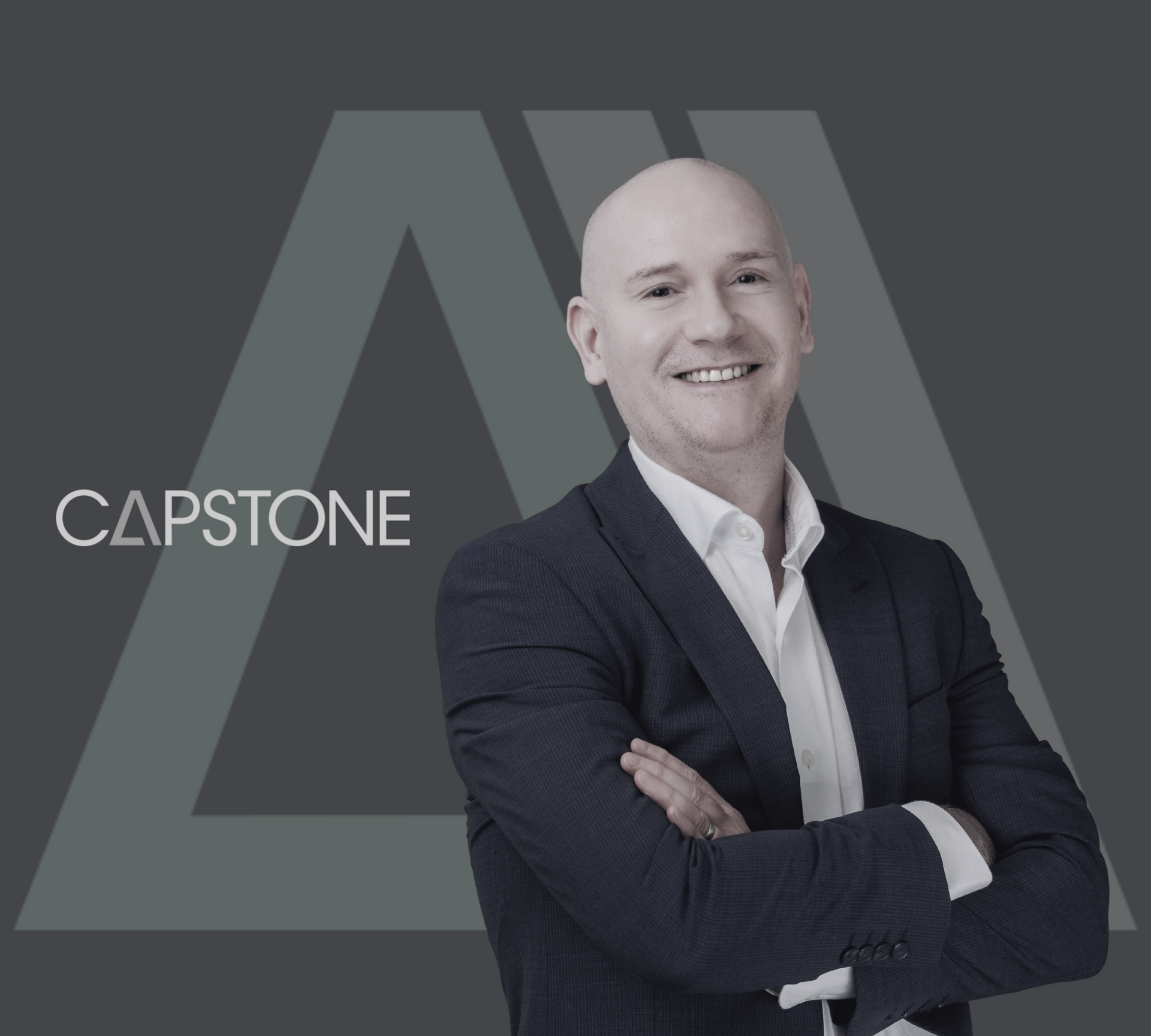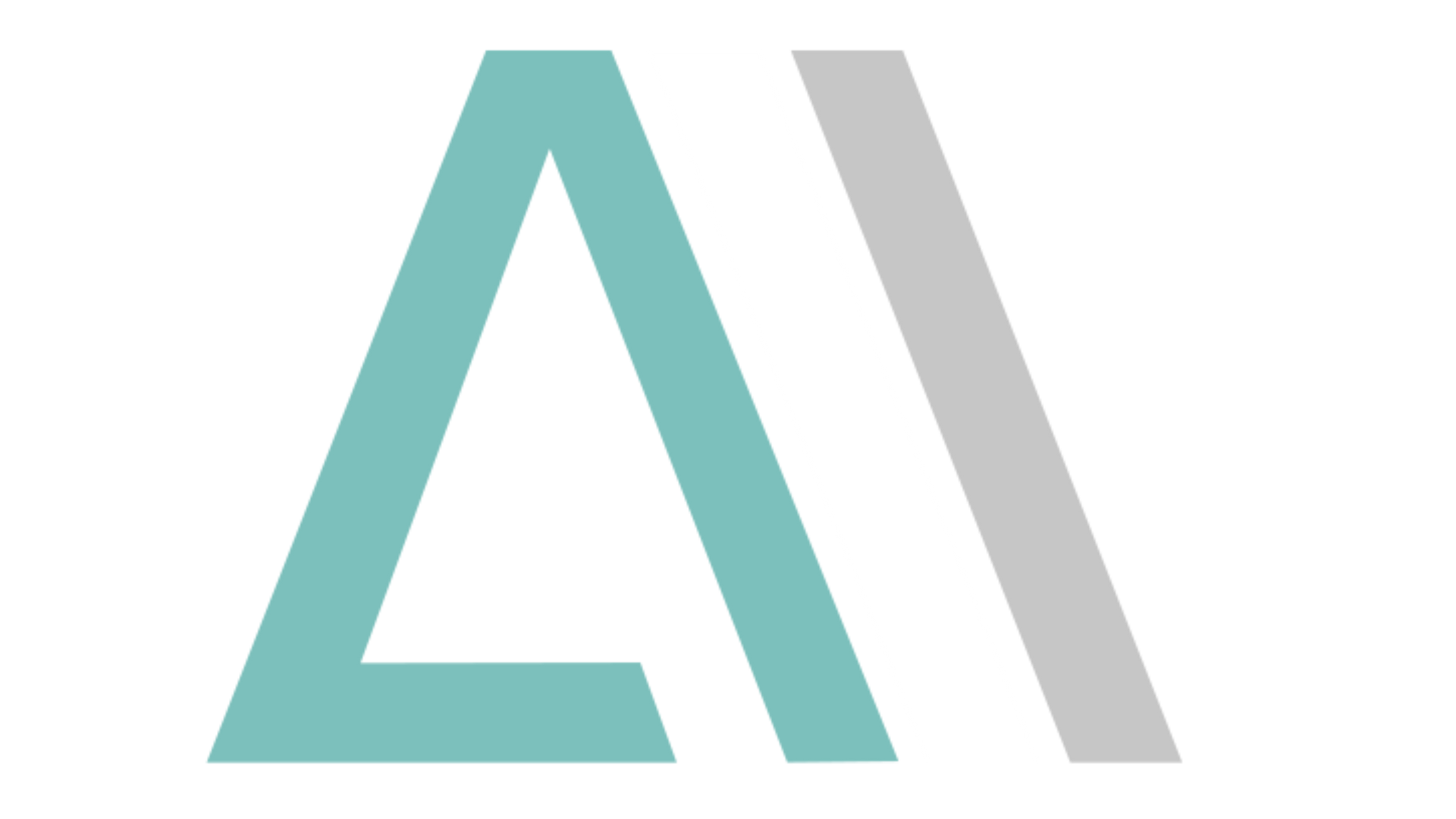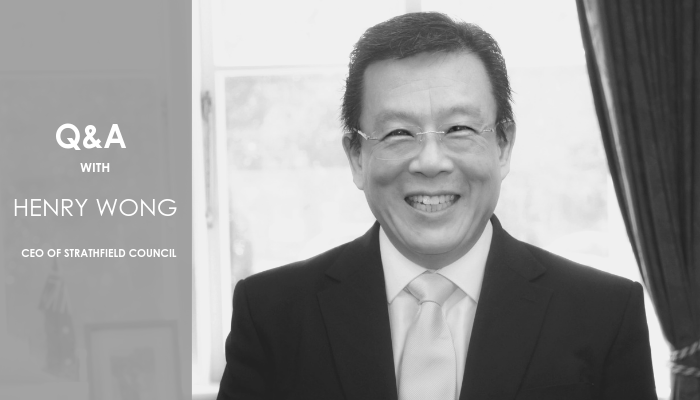
Progressing from an Engineering cadetship with John Holland in the 1980s, to being appointed the CEO of Lane Cove Council 14 years later, Henry Wong is now the CEO of Strathfield Council. Henry studied Law before pursuing a career in Civil Engineering, which has since taken him on a wonderful journey, both personally and professionally.
Henry took the time to sit down with us as part of our 10×10 Series to discuss his career, personal insights, and future industry trends.
1. Why did you choose Engineering?
I chose Civil Engineering because I was excited to see how infrastructure can transform, prosper and sustain economic growth. It can also improve public health and living standards and on top of that, I was good at it and so my passion for it grew over time.
I have witnessed a massive amount of infrastructure being built around the world from airports to water supply dams to metros and bridges. That was the impetus for a rethink about what I really wanted to do as a career.
2. Who was your first mentor and what did you learn from them that you still practice today?
Firstly, it was my Uncle Martin and Dad because of their work ethic and passion for perfection.
Uncle Martin gained experience working as an engineer on major infrastructure projects at a remote and frozen part of North Eastern China and was made the Chief Engineer while still in his twenties. He remarked to me recently,
—————–
“it was not just a story about engineering, it was also a story about engineers building the pride of a nation through their service to their country.”
—————–
My other life coach and mentor was my former boss Howard, who was a brilliant and trustworthy public administrator. Howard was a ‘can-do’ boss who got the best from everyone by challenging conventional thinking. Although he could give me a hard time, he also trusted me enough to advocate my judgment on some of the biggest infrastructure projects the council ever built.
Both Uncle Martin and Howard have a few things in common; valuing integrity, ethics, leadership and treating people and their issues fairly. Neither would ever ask someone to do something that they would not do themselves.
These are values I still practice to this day.
3. What has been a challenging project you delivered and what did you learn?
The building of the Manly Andrew Boy Charlton Aquatic Centre that was 10 years in the planning. Although the project was justifiable based on a solid business case, because of its capital-intensive nature we could not afford it until 2012 when the State government offered a low-interest loan to Councils to help us clear our infrastructure backlog.
The business case for this project was predicated on the projected Internal Rate of Return (IRR) that the operation would go to fund the project over its asset life, which in this case was 30 years.
Having an understanding of the life cycle cost of infrastructure is an essential skill of an effective Council CEO, as is patience, partnering and having a deep understanding of capital financing principles.
Another thing I learned was to be “shovel-ready”, as was the case with the coastal protection works at North Steyne, Manly. This was a shovel ready project the council built from 100% funding by the commonwealth during the GFC. The same funding source financed the public walkway upgrade between North Steyne and Queenscliff. In this partnership, our projects were bankable and met the commonwealth’s fiscal objective of keeping the economic multipliers going through infrastructure spending during the GFC.
4. You spent some time with the World Bank. Can you tell me about the program, and how your career experience offered you the opportunity?
The World Bank Group is one of the world’s largest sources of funding and knowledge for developing countries. They share a commitment to reducing poverty, increasing shared prosperity, and promoting sustainable development.
Based on my experience working as an engineer and a public sector administrator, a representative of the World Bank was referred to me with a request to train several cohorts of public officials from a provincial region of Indonesia.
The program I curated was grounded on the ethos my mentors taught me: ethics; integrity , and leadership .
In a series of lectures, I taught participants the use of spreadsheet tools to help them to develop capital budgeting models, how to use them to develop a business case for their projects and select the most beneficial projects from among available options. The goal was to prepare them for transitioning to administrative autonomy, allowing them to transform ethics and work cultures in their local staff.
From working with our Indonesian participants, I was struck with how well trained they were, their dedication to learning new governance concepts and their eagerness to become autonomous.
5. How do you get the best out of your team?
Because I am the product of lifelong learning, I appreciate how a lifelong learning ethos can enable a workplace.
—————–
“Empowerment without enablement is delusional. ”
—————–
Empowerment requires us to first unleash the latent potential through learning and development programs. This requires each member of staff to be given an equal chance to learn and acquire new skills and then a chance to succeed.
In the workplace, this means a commitment by the employer to provide learning and development opportunities to staff that gives everyone a fair and equal opportunity to use their newly acquired skills in practice. Once you have these new skills you can put them to good use through empowerment.
In my view, it is the duty of an employer to place their employee on a confidence-building journey by exposing them to things outside of their comfort zone and then supporting them to succeed. To encourage staff onto a journey that puts them outside of their comfort zone and helps them learn by osmosis and observation I use a problem resolution technique. By placing experts with non-experts into a multidisciplinary team, the environment creates the necessary conditions for questioning conventional thinking. In my experience, this approach to problem-solving achieves the best ideas in the shortest timeframe.
This was apparent recently with the rollout of the Strathfield Connector service. From the time of project inception, through business case justification, to market took less than 6 months.
6. Tell us about someone you admire and why…
I admire people most who are generous and resilient.
Among the people I admire are sportsmen and women who through practice, self-discipline, and pure dedication to their sports have honed their craft to a form of fine art.
In 2011, I was invited to the US Open of Surfing to watch the best of the best of the surfing world compete. That was where and when, through the optics of my camera, I met Aussie Sally Fitzgibbons and American Kelly Slater for the first time.
I said to myself, “wow, what these guys can do on their short boards riding on those southern Californian waves, is nothing short of sensational and inspirational”. That was the year I developed an interest in action sports photography, surfing and skateboarding in particular.
At a shutter speed at 1000th of a second and the camera clicks at 10 frames per second, you get to see from the photographs how intuitive these athletes minds and bodies work in concert in the dynamics of the ocean and on the wave they chose to ride on. Taking opportunities and calculated chances to score extra points, reacting in a fraction of a second to produce killer moves from rehearsed and honed skills developed from practice after practice, failures after failures, to master.
I admire Kelly because of his generosity and for his “aloha” spirit. Kelly has great respect for the environment and the ocean in particular and is just a nice guy, as well as a local of the Northern Beaches of Sydney.
The post Q&A: Henry Wong, CEO first appeared on Capstone.
RECENT POSTS
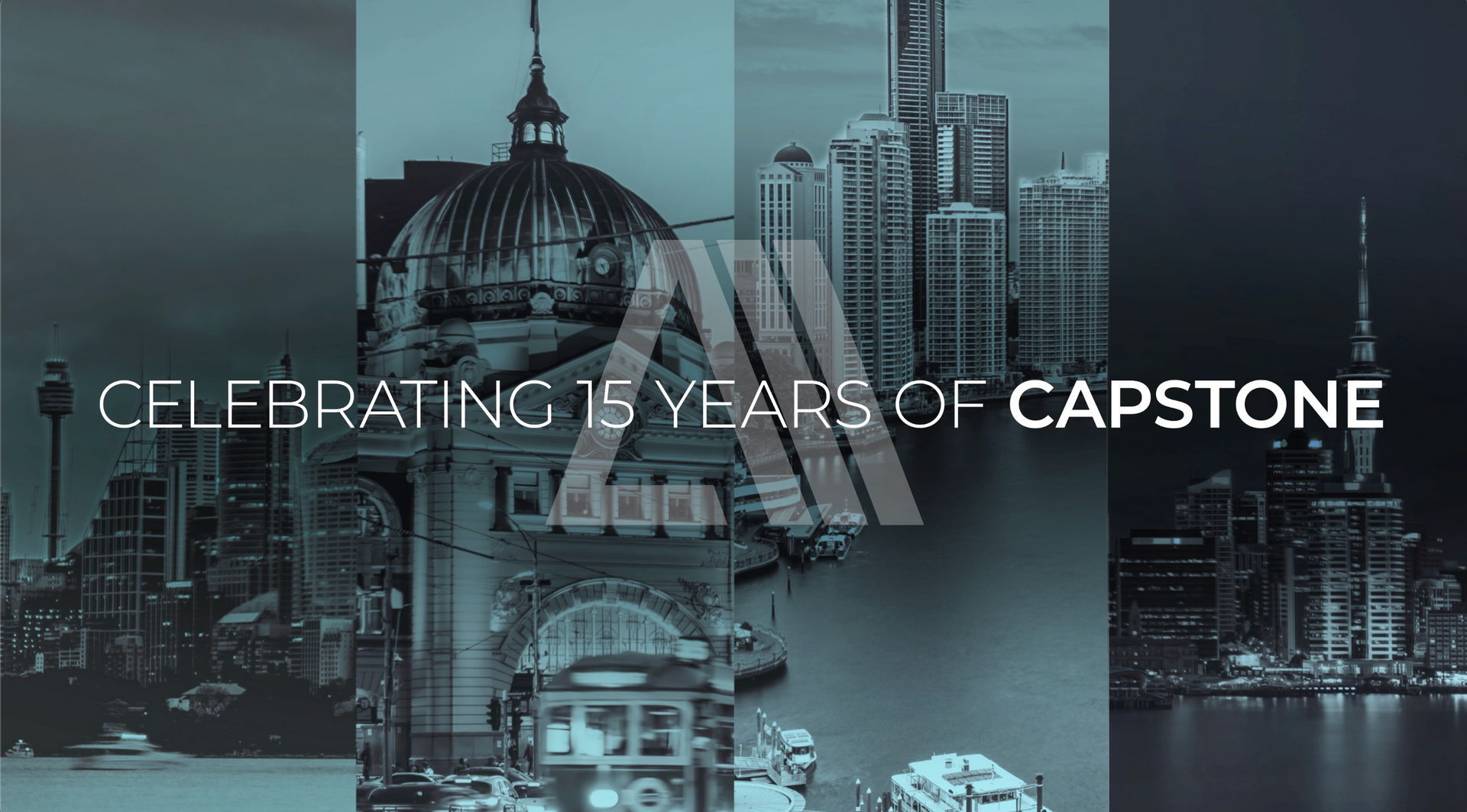

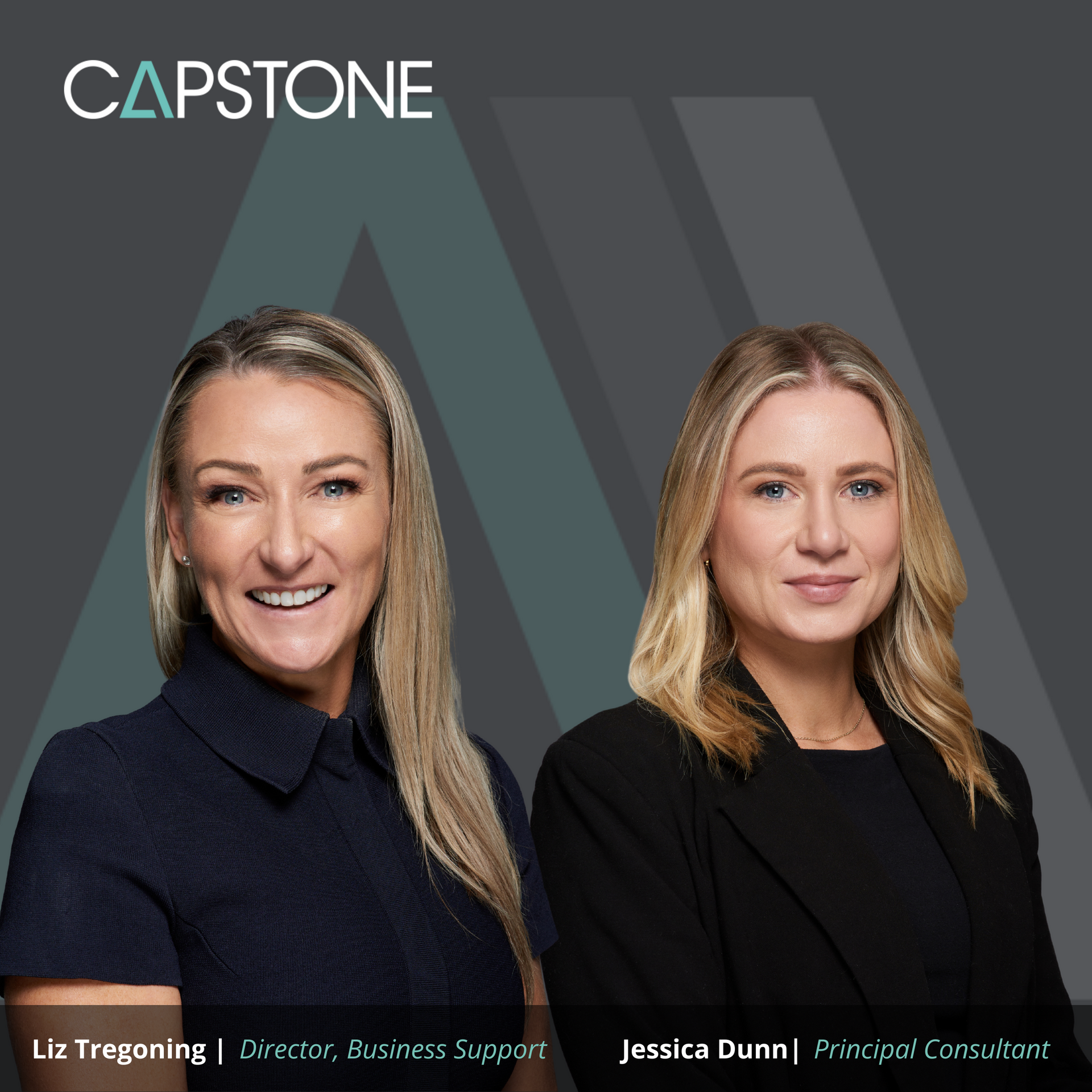
CATEGORIES
LEAVE A REPLY
Your email address will not be published. Required fields are marked *

